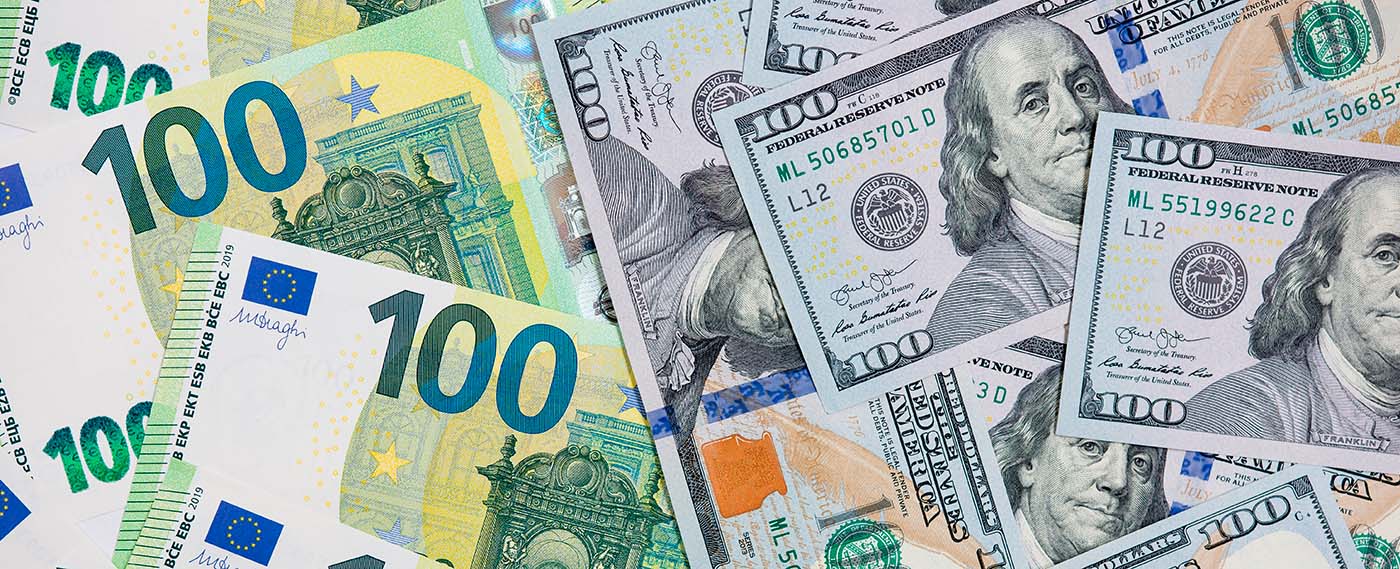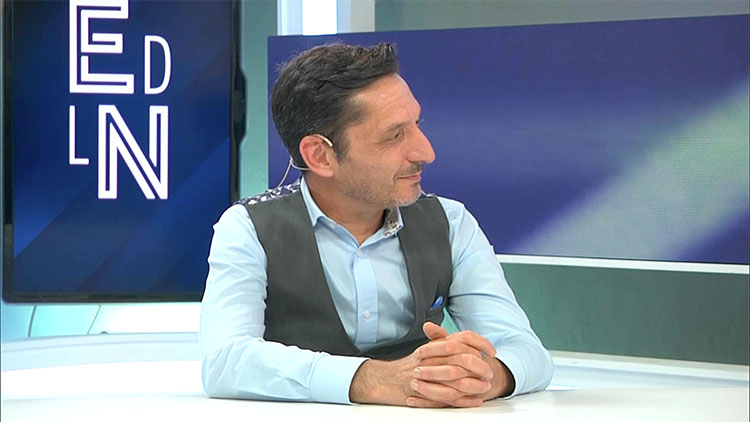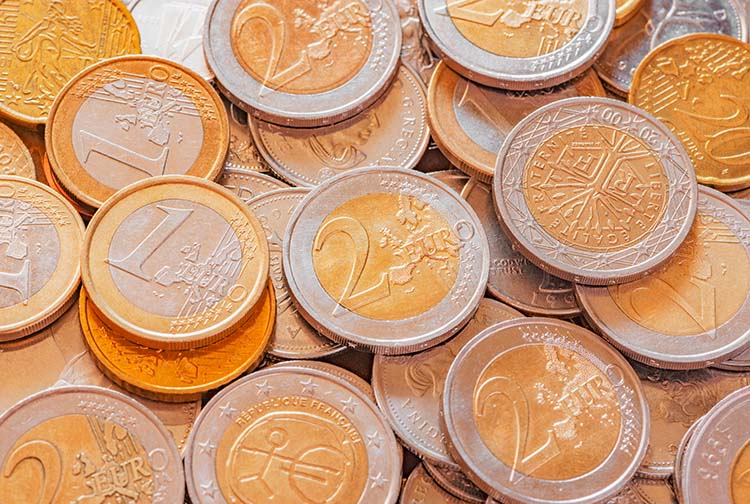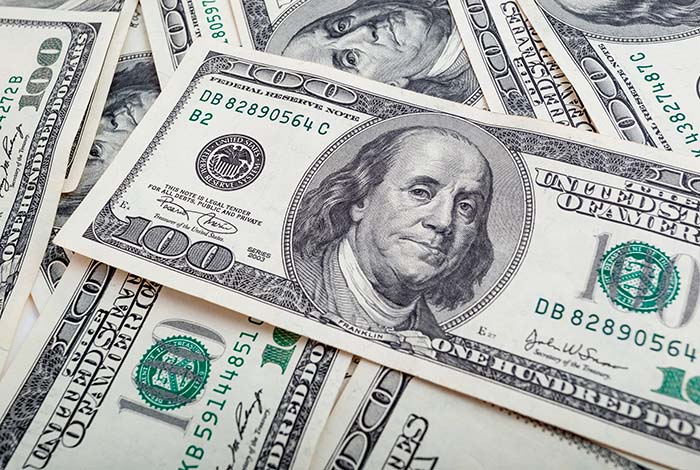

Euro’s devaluation will increase inflation
What will be the consequences of the devaluation of the euro against the dollar, and how will it affect our pockets? The virtual parity between the two currencies will aggravate inflation, and the theoretical improvement in the competitiveness of European industry may be greatly diminished by the increase in energy costs.
One dollar is already worth almost one euro. Parity between the two currencies is almost a reality. The 1.6 dollars that could be obtained for each euro in July 2008 is a long way off. In fact, the dollar’s exchange rate these days is the highest against the euro since the end of 2002, the year in which the European currency came into circulation.
Since the beginning of February, before the Russian invasion of Ukraine, the euro has depreciated by nearly 13% against the dollar. And if we take the beginning of 2021 as a reference, the depreciation has been almost 18%, so the European currency has lost almost a fifth of its value against the American currency in little more than a year and a half.
More fuel for inflation
The rising dollar is very bad news for inflation, since oil and many commodities are paid for in the US currency, so the dollar’s appreciation is equivalent to its rise. The current price we pay for a barrel of Brent Crude is around 105 dollars. At the current exchange rate, it costs us almost the same amount of euros, while at the exchange rate of a few months ago it would cost just over 90 euros.
Indirectly, the rise in oil prices will have an impact on the price of most products due to the increase in transport costs. The increase in the price of liquefied gas imported from the United States for European industry, which was already much more expensive than Russian gas, will also play an important role.
In this respect, the President of the European Commission, Ursula von der Leyen, called on European countries to unite in the face of a possible cut in Russian gas supplies, which is vital for the competitiveness of many European factories. All the signs are that we will have to dig deeper into our pockets.
Fears of recession
Developments in the euro/dollar exchange rate reflect the shift in US monetary policy, as the Fed raised interest rates in March and June to between 1.5% and 1.75%. This makes it more attractive for investors to buy US debt, which is obviously in US dollars. And this interest rate is expected to rise again later this month.
In contrast, the European Central Bank (ECB) has not yet dared to change the 0% interest rate because of the fragile economy. And experts predict that the ECB will only raise it by a quarter point at its July meeting. The fact that the US Federal Reserve has already raised interest rates six to seven times more this year than the ECB is expected to do makes a big difference.
In addition, many analysts interpret the weakening of the euro as a sign of the market’s fear of recession in Europe, which could hit many countries between the end of this year and next year.
Benefits for European industry?
In theory, the devaluation of the euro is an advantage for European exports, as products become more competitive. A weak euro against the dollar makes a product produced in the euro area cheaper for Americans, while a product made in the US becomes more expensive for Europeans.
In the medium term, this could particularly benefit economies such as Germany and France, which are clear exporters. And, in principle, it should lead to a revival of industry and trade. But the rising cost of energy may limit, to a large extent, this theoretical improvement in competitiveness. Moreover, runaway inflation would not help in gaining market share either.
If you want to discover the best option to protect your savings, enter Preciosos 11Onze. We will help you buy at the best price the safe-haven asset par excellence: physical gold.





Gràcies!
Imaginació al poder i ajustar-se el cinturó per a contrarrestar la inflació🤔💡💪
Això sembla, Jordi, que tots ens haurem d’estrènyer el cinturó. Moltes gràcies pel teu comentari!!!
Però des del petit comerç i els consumidors diaris a nivell familiar què podem fer… Preparar-nos, molt bé!! Mentalitzats estem i que més??
Malauradament, Laura, poca cosa, a banda del que comentes, podem fer.
Ok 👍
Gràcies per ser-hi, Josep!😉
Aquest desastre econòmic sembla que no te aturador.
Caldrà que ens lliguem els cinturons per les pujades i baixades que ens esperen, qui sap on ens deixarà aquest vaixell i sobretot si al final de tot haurem consolidat o no un nou sistema que ens afavoreixi una mica més i sigui més just!
Les empreses exportadores, patiran de valent.
Bona observació Manel, seguim! Caldrà doncs afegir més valor al producte en tot cas i que es valorin millor les persones que els guanys.